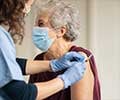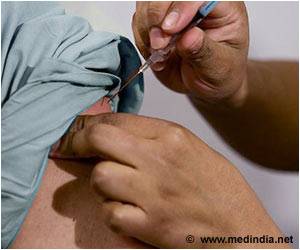Glossary
Diphtheria: A bacterial disease marked by the formation of a false membrane, especially in the throat, which can cause death.Epiglottis: The flap that covers the trachea during swallowing so that food does not enter the lungs.
Hemophilus influenzae: A type of bacteria that causes infection and can lead to serious problems in the child. babies must receive a special vaccine beginning at 2 months of age to protect them from this condition.
Meningitis: Inflammation of the meninges, with both mental and motor symptoms.
Pertussis: A bacterial infection of the respiratory tract characterized by short, convulsive coughs that end in a whoop sound when breath is inhaled (commonly called whooping cough); mainly affects children
Pneumonia: An inflammatory infection that occurs in the lung.
Polysaccharide: A type of carbohydrate. It contains sugar molecules that are linked together chemically.
Sickle cell anemia: The most common form of sickle cell disease that affects the red blood cells. Other types of sickle cell disease include hemoglobin SC disease and sickle beta-thalassemia; there are also other, less common types of sickle cell disease.
Tetanus: A serious disease affecting the central nervous system. Tetanus (lockjaw) results when a wound is infected with a type of bacteria that thrives without oxygen (particularly in deep wounds). It is a rare disease in the United States today.
Vaccination: Injection of a vaccine to create immunity.
Vaccines: Vaccines are microbial preparations of killed or modified microorganisms which can stimulate an immune response in the body in order to prevent future infection with similar microorganisms. The smallpox vaccine has totally eliminated the smallpox disease from our planet.













